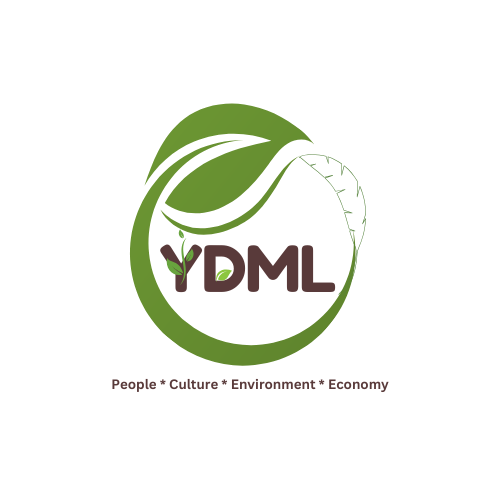Problem
The loss of local food and medicinal plants due to deforestation and industrial farming threatens the existence of the indigenous Malind.
Global Forest Watch records over the past decade show that the most significant natural forest destruction in Papua occurred in Merauke Regency. The Merauke forest, covering 1120 km2, was damaged due to various permits given to clear land for oil palm, industrial forest plantations, and the food barn project.
The root cause of the destruction of forests and valuable soil is related to development. The Malind indigenous people were helpless when the national program was forced to be implemented in Merauke, such as the transmigration program in the 1970s, where the focus and agricultural programs were directed at rice crops. Forests were cut down to make space for rice fields. Furthermore, The Merauke Integrated Food and Energy Estate (MIFEE) 2012 converted a part of the indigenous Malind forest into palm oil production land. And in 2020, Merauke became the support city for the national food security program, named the food estate.
The consequences of forest loss have never been seriously considered or discussed by the national & local governments. They have never even discussed this with the indigenous Malind community. As a result, the loss of forests heavily affects the indigenous Malind as they lose their livelihoods, culture, and traditional knowledge. Additionally, deforestation also results in the extinction of animals and plants. And all this contributes to global warming and climate change, triggering extreme weather, floods, and landslides.
Solution
In the past, the Malind community lived in the swampy lowlands and had their farming system. It is called Wambad. The wambad farming system manifests the Marind community's local wisdom in managing their relationship with nature. Being part of Malind, I want to facilitate a process to have this community return to traditional ways of working their agriculture by growing local organic food and medicinal plants. ‘Dehotok Milah’ name means returning to roots. With an agroforestry approach, the Malind community can rebuild their forests and carry out organic farming with the traditional system. With the following consequences:
- Higher income through niche products
- better health
- More protection for the degraded environment.
For this solution to be implemented, I will take the following actions:
Explore the pros and cons of traditional farming methods in Merauke that are used by the Indigenous communities.
Work with three farmers who are ready to cooperate. They are living in Sota village (78 km from Merauke city).
Together with them, create a training curriculum related to agroforestry.
Getting certification by the Food and Beverage Certification Agency of Indonesia in organic products such as vegetables for Malind Farmers
Dahetok Milah Foundation will implement training on organic crop production based on the agroforestry methodology.
